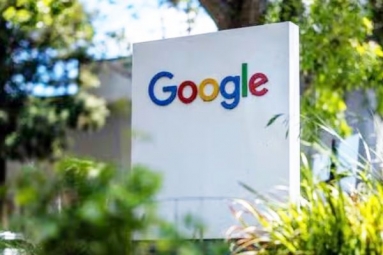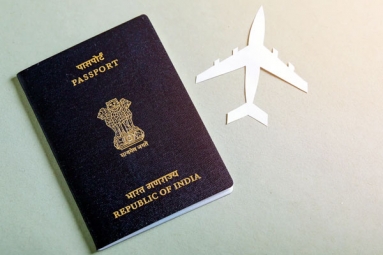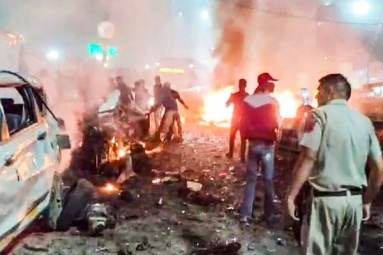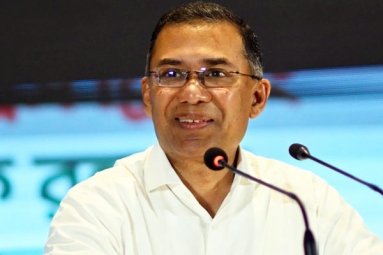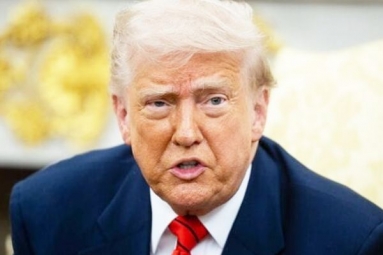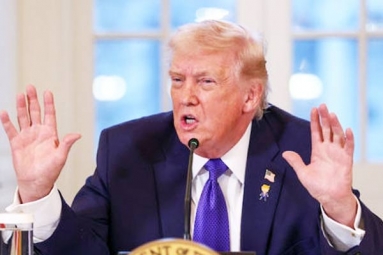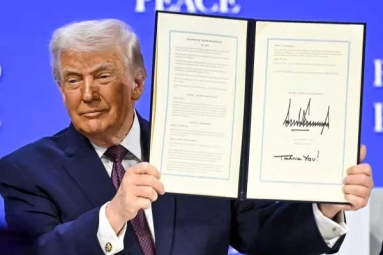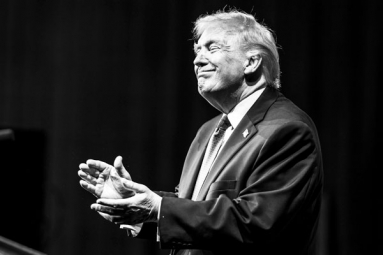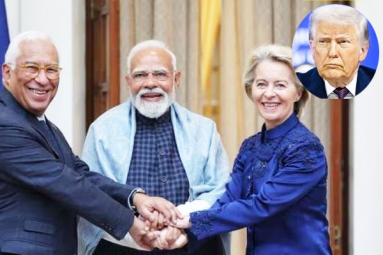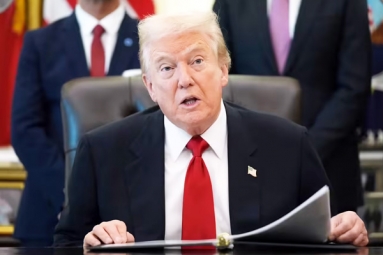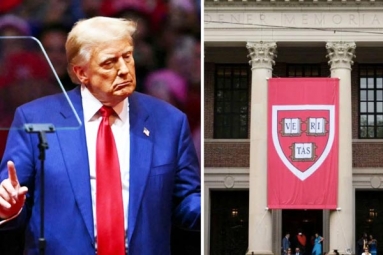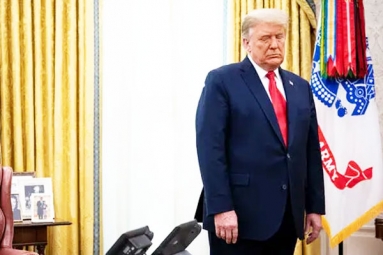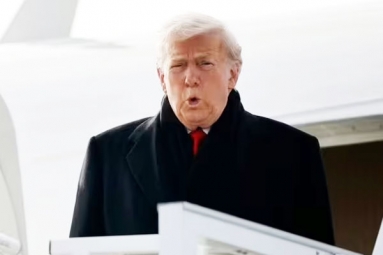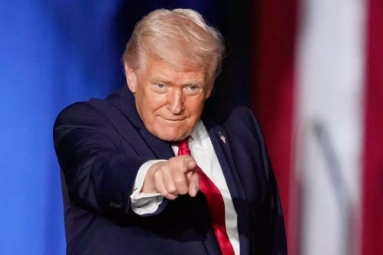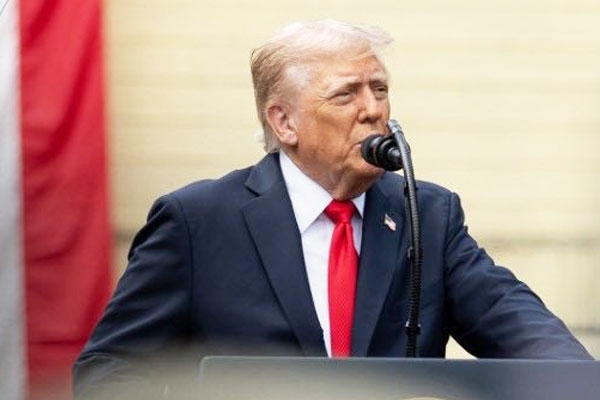
(Image source from: x.com/WhiteHouse)
The United States and India are about to finalize a long-awaited trade agreement, stated Donald Trump on Wednesday while in South Korea during his Asia trip. The comments from the US President suggest that an agreement between these two major economies is just a matter of time. Discussions regarding the deal have taken many months, marked by disagreements over Russia's actions in Ukraine, India's purchase of Russian oil, and disputes related to tariffs. "When you consider India and Pakistan, I’m working on a trade deal with India and have a lot of respect and affection for Prime Minister Narendra Modi… our relationship is strong," he mentioned. Trump's encouraging words follow news from last week indicating progress on two of the three main contentious issues – India's ongoing import of cheaper oil from Russia and the US imposing a 50 percent 'reciprocal' tariff on Indian products, which had included a 25 percent 'penalty' for the purchase of that oil.
Conversations had also stalled because India would not allow the US to enter its crucial dairy and agricultural markets, which are important to many voters in India. However, last week, it was reported that the US agreed to lower tariffs to 16 percent after India consented to reduce its purchases of Russian oil. This arrangement followed a phone call between Trump and Modi, yet neither party provided details or confirmed the exchange concerning tariffs and oil. The compromise could also lead to higher imports of non-genetically modified American corn and soymeal – key items in this specific trade disagreement between Washington and New Delhi – and might include a system to regularly review tariffs and market entry. India has increasingly relied on corn to enhance ethanol production, but its regulations prohibit ethanol made from imported grains and ban genetically modified (GM) food crops. The US primarily cultivates GM corn, although some farmers also grow non-GM types.
The United States is urging India to permit the import of corn, claiming that ethanol produced from American corn would solely be used for mixing with gasoline and would not affect the agricultural market. The demand for soybeans, on the other hand, is a result of the US's trade conflict with China, which has made American soybeans too costly for the Chinese market. Consequently, the US wants to sell its excess soybeans to India as nutritious feed for the nation that has the largest population of cattle globally. Throughout these lengthy discussions, the Indian government has firmly stated that it will not agree to any agreement that could harm the livelihoods of millions of small farmers. Earlier this month, External Affairs Minister S Jaishankar mentioned that any agreement with the US must acknowledge India's specific concerns, especially the "unfair" 25 percent penalty for purchasing oil from Russia. Additionally, Trump reiterated his assertion about facilitating the ceasefire between India and Pakistan on May 10, a claim that New Delhi has consistently rejected, stating that it was Islamabad that sought a ceasefire, and he praised Prime Minister Modi as "the nicest-looking guy" while doing so.
Moreover, Trump, as he has frequently done in the last five months, asserted that not only did he negotiate the ceasefire, but he also prevented a nuclear conflict between India and Pakistan by choosing not to finalize trade agreements with either nation. He stated, "These are two nuclear countries… and they were really in conflict. So, I called Prime Minister Modi and said, 'we can't finalize a trade deal with you… we can't. You're about to start a war with Pakistan'." He added, "Prime Minister Modi is a very nice-looking individual (but) he is extremely tough. However, just two days later, they (India and Pakistan) contacted me and said, 'we get it'. And they ceased hostilities." Trump has made numerous attempts to be recognized as the key figure in establishing the ceasefire, also framing his efforts to halt this and seven other military disputes as a reason for receiving the Nobel Peace Prize, which, however, was awarded to Venezuelan politician Maria Corina Machado.



